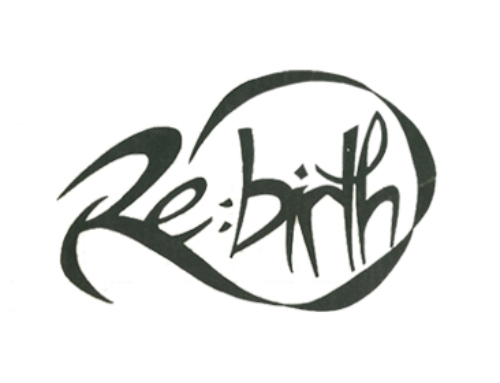In this second issue of Re:Birth, there are articles on the Ultrasound (which was quite new at the time), mothering the mother, VBACs (yes, they were talking about them 20 years ago) and C-sections, support during labour, and breastfeeding policies.
I would like to briefly discuss one piece though – ‘Reflections’ by Maaike Asselbergs (as a personal note, she would be the midwife who delivered my brother and sister). I re-read it again for writing this and was dumbfounded by how this could have been written by almost any mother, doula, partner, or midwife today. In this piece she talks about the unfortunate tendency of doctors and hospitals to focus on their timetable and their wishes during labour and delivery. Never mind that it is the mother and child who are actually going through the labour! The idea that we need to focus training on patient-directed care is an oldie, and yet one that doesn’t seem to go out of style, primarily because it’s never fully implemented. This isn’t to say that there aren’t options that are much more patient-centered (like having a midwife), but they are hardly the mainstream. Women today seem to take it as a given that they will hand over the reins of their labour and delivery to whomever it is that enters the hospital room. Few women are aware of the risks and repercussions of the interventions they are given (and agree to) and even fewer are aware of the alternatives out there for them (see To Drug or Not To Drug? The Epidural Debate).
When I was pregnant with my daughter I remember how pleased I was that most people were accepting of me having a midwife over a doctor (midwives in BC are registered and have hospital privileges), but was amazed at the looks and questions we got when we mentioned we were planning a home birth. Some people were completely unaware that it was “allowed” and most gave me the condescending comments about how they cared for the safety of their child which is why they opted for the hospital. I finally ended up with my own retort – “Oh, you see, I picked a home birth because of safety reasons too” – which inevitably led to raised eyebrows and me explaining the actual research on home births. But I couldn’t get over how little people knew about the alternatives to the traditional hospital + epidural birth that has become so common.
I hope there comes a time when a piece like this (as beautiful and poignantly written as it is) is no longer needed. When all care providers have the best interests of the patient at heart and the person making educated, informed decisions are the parents-to-be. In the meantime, we can continue to share this information in hopes of reaching more women and more caregivers.
Click here for the link for Re:Birth Volume 2!
Enjoy!



So just to be clear, as your stance regarding home birth and statements regarding your personal experience is a little ambiguous and glosses over the end result. Did you or did you not actually have a home birth? Cognitive dissonance much?
I planned a home birth and had to transfer. And no cognitive dissonance – why do you think there is?